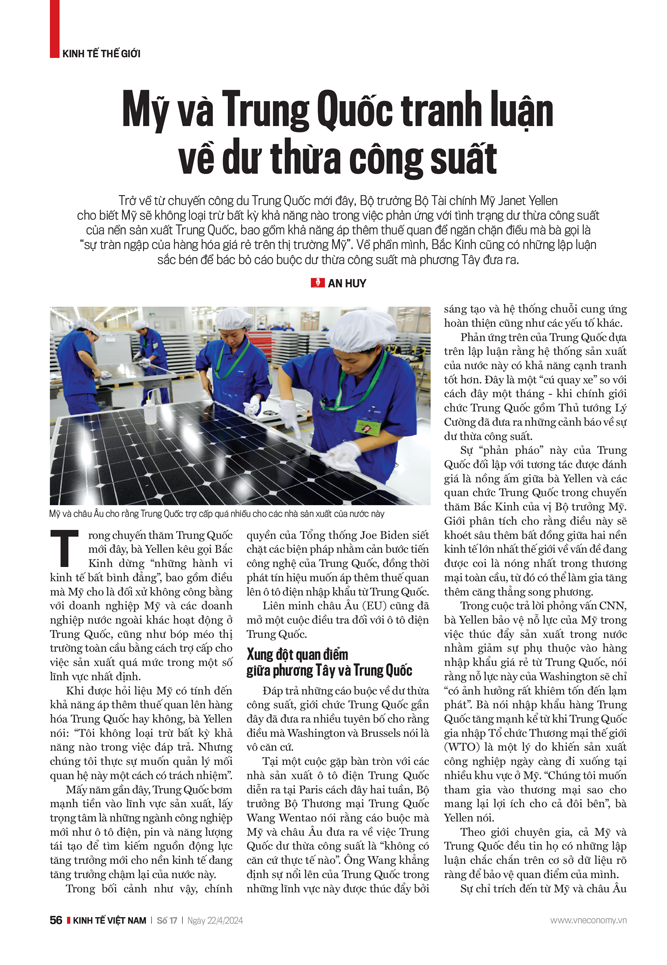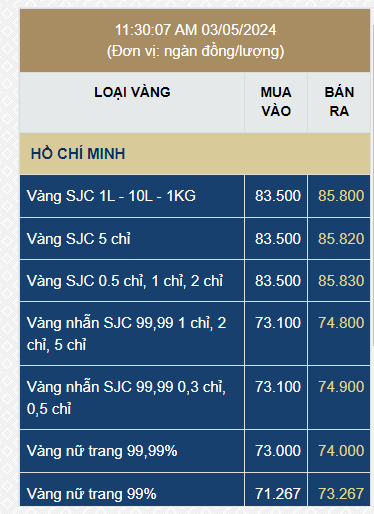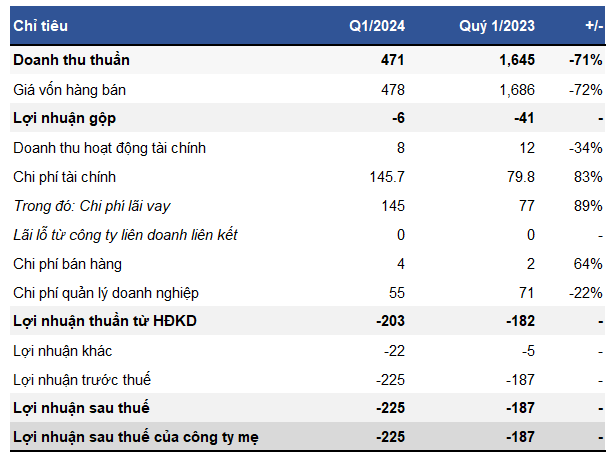US Treasury Secretary Janet Yellen said on her recent trip to China that the United States will not rule out any options in responding to China’s industrial overcapacity, including additional tariffs to prevent what she called a “flood of cheap goods into the US market”. Beijing, for its part, has made strong arguments dismissing Western claims of overcapacity.
“We are concerned about the potential for surges of exports from China into our market in areas where China has substantial excess capacity. We’ve made very clear in our discussions with China that this is a concern not only for the United States but also for others, including in Europe, in Japan, and even in emerging market economies like India, Mexico and Brazil”.
During her recent trip to China, Yellen called on Beijing to halt “unfair economic practices” including what the US says is unfair treatment of American and other foreign businesses operating in China, and to stop distorting global markets by subsidizing excess production in certain sectors.
Asked if the US was considering imposing additional tariffs on Chinese goods, Yellen said: “I’m not ruling out any options in terms of how we respond. But we really want to manage this relationship responsibly”.
In recent years, China has poured money into manufacturing, focusing on new industries like electric vehicles, batteries and renewable energy in a bid to find new sources of growth for its slowing economy.
Amid this push, the administration of President Joe Biden has stepped up efforts to counter China’s technological advances, including signaling it could impose tariffs on electric vehicle imports from China.
The European Union has also opened an investigation into Chinese electric vehicles.
THE WEST-CHINA CLASH OF PERSPECTIVES
In response to the overcapacity allegations, Chinese officials have in recent days made multiple public statements rejecting what Washington and Brussels have said, without providing evidence.
Speaking at a roundtable with Chinese electric vehicle makers in Paris a fortnight ago, China’s Commerce Minister Wang Wentao said US and European claims that China has excess capacity are “not based on facts”. Wang asserted that China’s rise in these sectors was driven by innovation and its complete supply chain system, among other factors.
The response builds on an argument that China’s manufacturing system is simply more competitive – a turnaround from just a month ago, when Chinese officials including Premier Li Keqiang warned of excess capacity.
The Chinese pushback comes despite what analysts described as a warm personal rapport between Yellen and Chinese officials during her visit to Beijing. This is likely to further entrench disagreement between the world’s two largest economies on what is shaping up as a major flashpoint in global trade, potentially increasing bilateral tensions.
In an interview with CNN, Yellen defended the US push to boost domestic manufacturing and reduce reliance on cheap imports from China, saying Washington’s efforts would have “a very modest effect on inflation”. She said surging imports from China since it joined the World Trade Organization had contributed to the decline of manufacturing jobs in parts of the United States. “We want to have trade that benefits both sides,” Yellen said.
Analysts say both the US and China appear confident they have strong arguments backed by data to support their positions.
The critique from the US and Europe is that Chinese government subsidies for producers, coupled with slowing domestic demand, is leading to a global glut of Chinese goods, depressing prices and threatening manufacturers in other countries. Western companies, they say, rely on profits – not state handouts – to survive, and that this creates uncertainty for long-term investment decisions.
On the other side of the debate, China denies undercutting and says the onus is on the US and EU because their governments also provide support for key industries. The West, meanwhile, takes a broader view of state subsidies to include cheap loans, land concessions, massive infrastructure spending and other benefits that run throughout a tightly connected supply chain.
CHINA’S RATIONALE
European officials have pointed to a massive shift of resources from China’s financial system into manufacturing as Beijing searches for new sources of growth. But Beijing argues that industrial overcapacity is not unique to China.
China says supply and demand should be viewed from a global perspective, especially since the industries under fire from the West are central to global climate goals – a view shared by some experts.
“I’m very skeptical of the idea of excess capacity. If you think about it, it means that every country should produce only enough for itself. That means no trade. What would happen to us if we had no trade?” said Nicholas Lardy, a senior fellow at the Peterson Institute, at a recent financial forum in Hong Kong…
The article was published on Vietnam Economic Times issue 17-2024 released on April 22, 2024. Please find the article here:
https://postenp.phaha.vn/chi-tiet-toa-soan/tap-chi-kinh-te-viet-nam











































